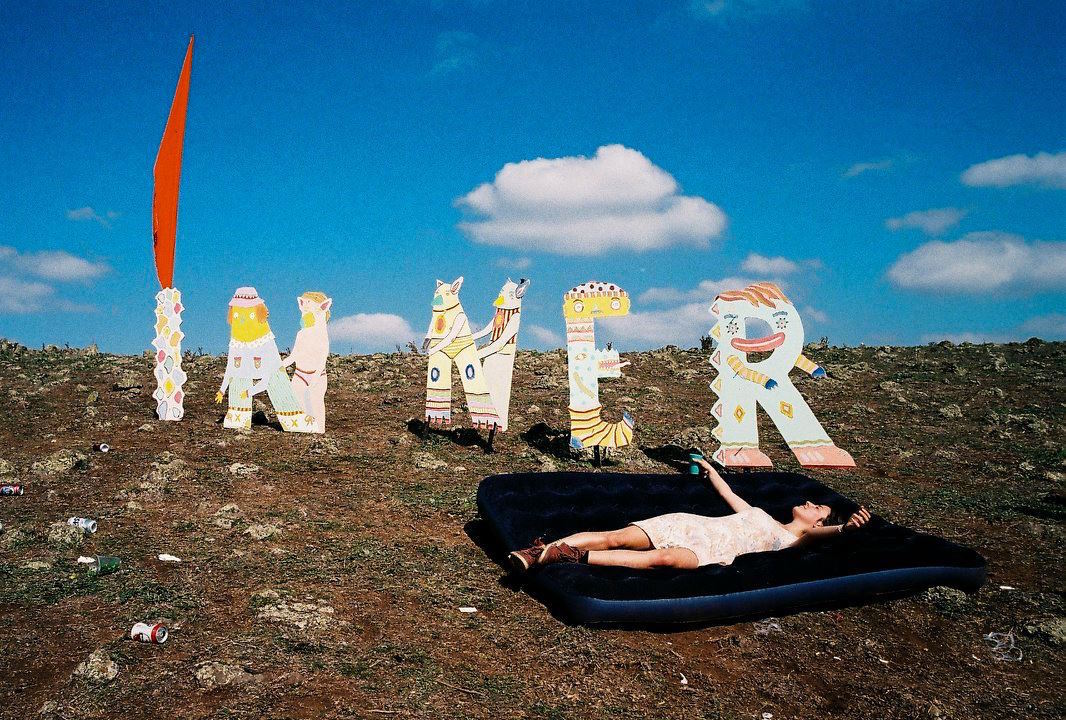Music festivals have long played a starring role in the Australian summer experience. Where once we’d save up and buy our Big Day Out ticket to see Björk go up against Slayer and Iggy Pop, now we favour more personalised and singularly-curated experiences.
For us, festivals are a time to unwind, get wild and lose ourselves in the music, crowd and environment. For the festival’s organisers they’re the most insane and potentially stressful moment of their lives. We caught up with the organisers and minds behind some of our best-loved parties to hear about their highlights and get a glimpse what these soldiers do in between entertaining us.
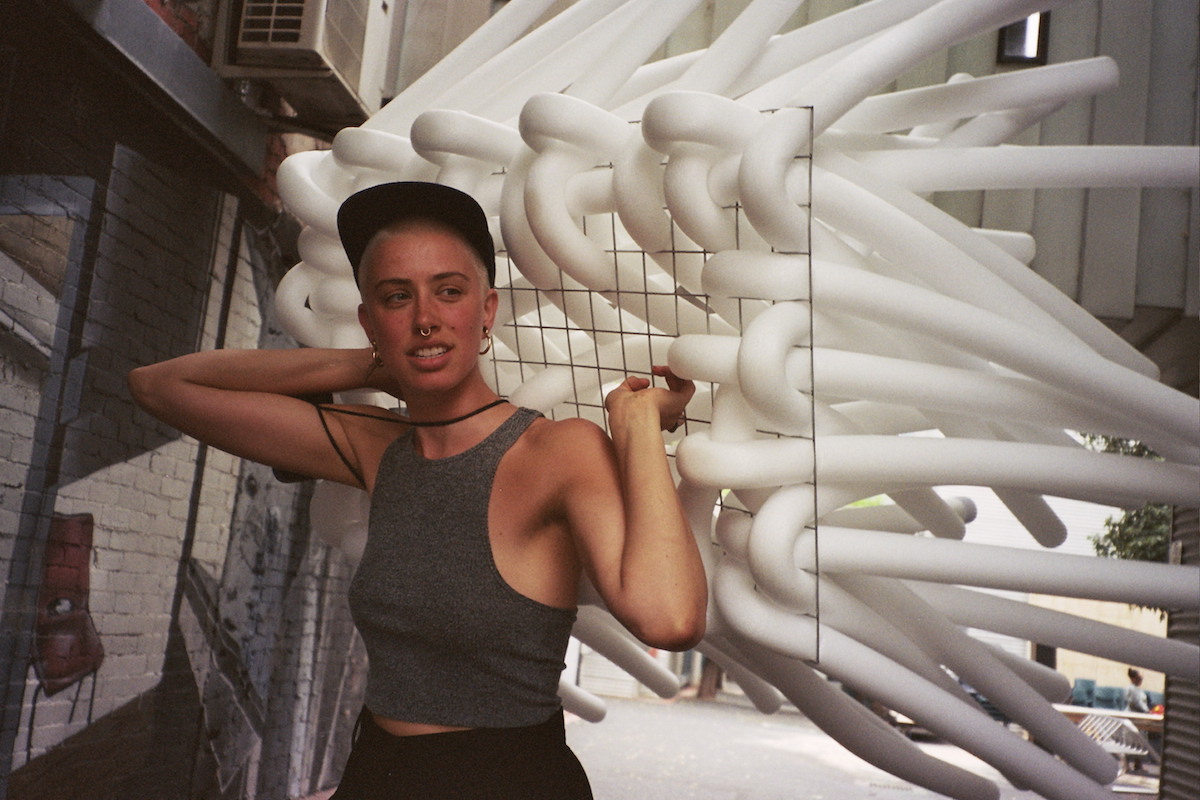
Mary Grigoris, Production Team
Off The Grid
What were you doing before Off the Grid Festival?
I’ve been directing Cyclopes, a music based endeavour exploring cross-disciplinary artistic exchanges through management, bookings, events and collaborations. Ross Harding—a founder of OFF.the.GRID—runs his own company Finding Infinity, which is an environmental engineering firm dedicated to powering Melbourne with renewable energy. He came to an event I threw and said we should do this event, a couple of years later it actually happened!
What do you think has shifted with Australian music festivals over recent years?
Social media has evolved people’s communities to be less about geography and more about interests. People are able to feel closeness to the artists they admire, enabling them to directly engage with people they usually wouldn’t be able to. People want intimacy—it’s more appealing to be one of 2000 people with a community vibe than one of 10,000 people.
Is there a particular moment that resonates with you from your festival?
It was after the last set: Tornado Wallace had just finished and everyone was leaving, which is normally the point where you hear bottles clinking and cans crunching. The only thing that was different was there was not one piece of rubbish. There were maybe three cigarette butts from over 10 hours. The zero waste part required every single person to commit. Realising they’d done it was a really special moment.
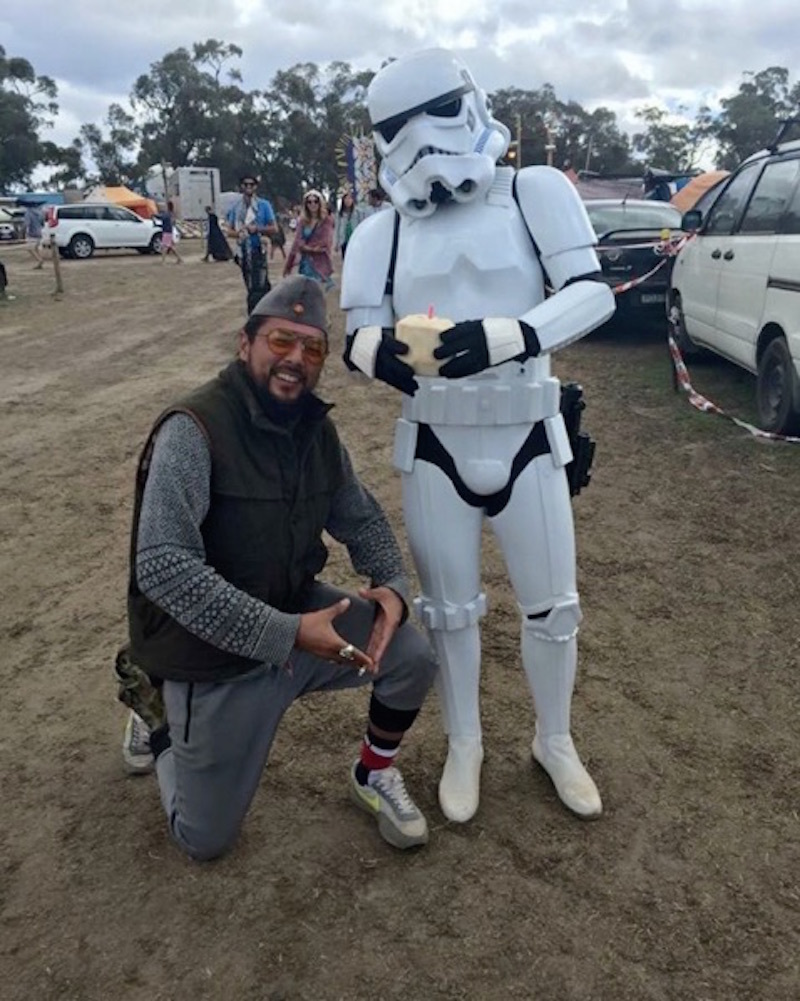
Jerry Poon, Partner/Programmer
Let Them Eat Cake
What do you do in your spare time?
Ride my Enfield, cook and not be in a club!
What do you think has shifted with Australian music festivals over recent years?
With big music festivals, which are bought by larger companies, there’s the tendency to follow a touring circuit that feels like a cookie-cutter version of what is happening internationally. There are a lot of things that make a good festival and with some of the larger ones, whose money goes towards big stages and production, it can feel like you’re going to a corporate event. Also the internet has changed how people listen to music, making it more important to listen to new things rather than go by what’s being played on radio.
Is there a particular moment that still resonates with you from Let Them Eat Cake?
At the end of the night in our first year I was on stage having a chat with the crowd, thanking them for coming and asking them to leave quietly and respect the neighbours. Everyone was like, “no worries!” It was our first understanding of what our crowd was like and it’s been the same ever since. It feels like we’d achieved what we wanted to.
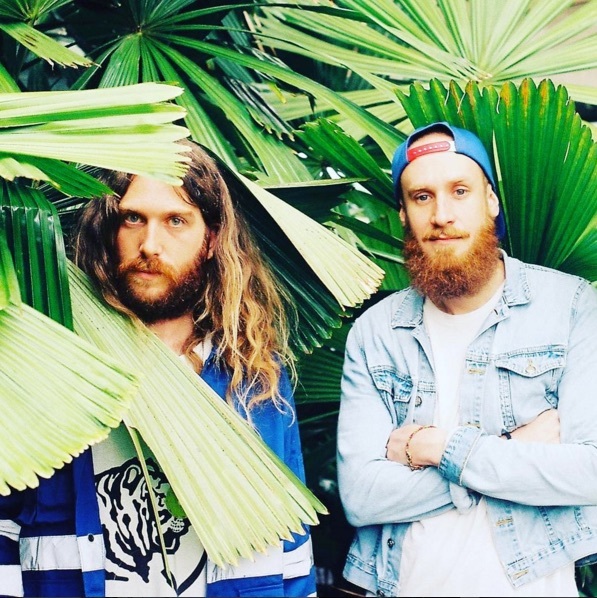
Peter Keen, Creative Director
Sugar Mountain
What were you doing before Sugar Mountain?
Creating a festival was an amalgamation of all of my likes at a specific time. Prior to it I was in a semi-successful punk-rock band from northern New South Wales, working in graphic design and exhibiting as an illustrator. I eventually found myself in Melbourne and wanted to combine my projects and work in a more social environment.
What do you do in your spare time?
My day job is extremely fun so often that spills into the time I have spare. Aside from Sugar Mountain I’ve been working on a new multicultural collaborative project that will be launched later this year and on a bunch of short films (between watching NBA, eating Chinese food and working on my ‘dad-bod’).
What do you think has shifted with Australian music festivals over recent years?
We’ve seen a few ‘big boys’ drop off, and a lot of smaller festivals have been coming through with the goods. I guess people just want a greater experience. I think Sugar Mountain has been successful as we continue to develop and diversify our offering.
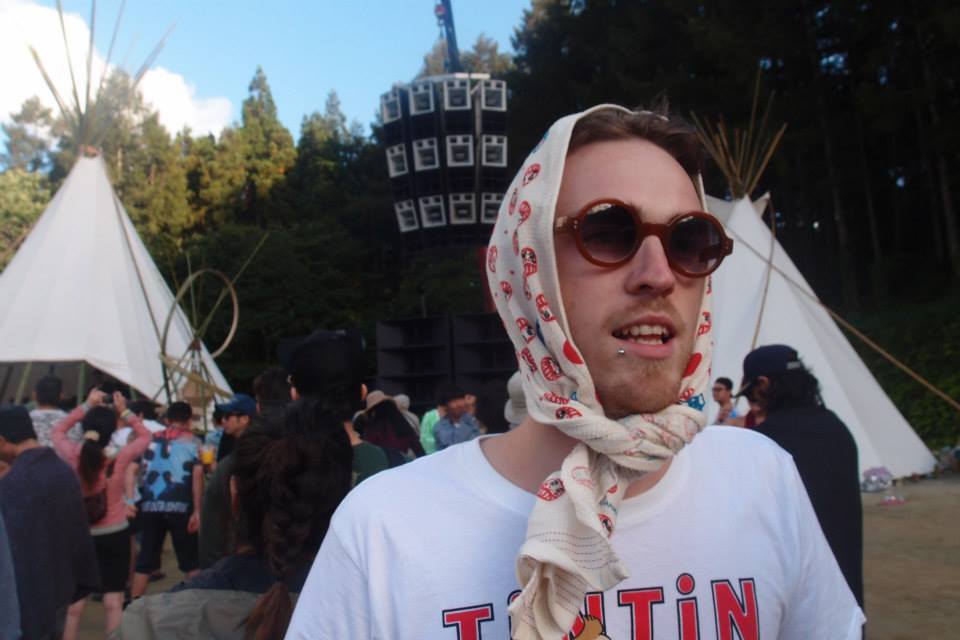
Glyn Hill, Director
Inner Varnika / Strawberry Fields
What do you do in your spare time?
I juggle five or six projects, so there’s not that much spare time! I work on another festival Strawberry Fields, I work for Lounge in the city, I work as a partner in a touring and events company Heads With Tales and I do regular club nights under the Out Of Focus brand and for Common Ground. I’ve realised after stepping outside the corporate world you’ve really got to find a work life balance or you’ll be in trouble, especially when you’re coming from the creative industry. It’s something I’m still trying to achieve.
What has shifted in Australian music festivals over the years?
In the mid to late 2000s you saw these major festivals really exploding. Australia was not growing quick enough to sustain them. Like anything that comes to prominence quickly it can also disappear quickly. Now we’re seeing more of these boutique festivals, there’s more of a targeted audience with a focus on creating an intimate community.
Is there a particular moment that still resonates with you from Inner Varnika?
The first year on the last day when Lerosa was playing. We’d done events before but this was just totally different; it was such a hectic, stressful, insane time and there was a moment on the Sunday where I was like, cool, we’ve done it. The last DJ was playing and everyone was on the dance floor. It was the first time all weekend where I could actually switch off and just enjoy myself. It’s a bizarre and surreal feeling being at your own festival, you enjoy it on a different level.
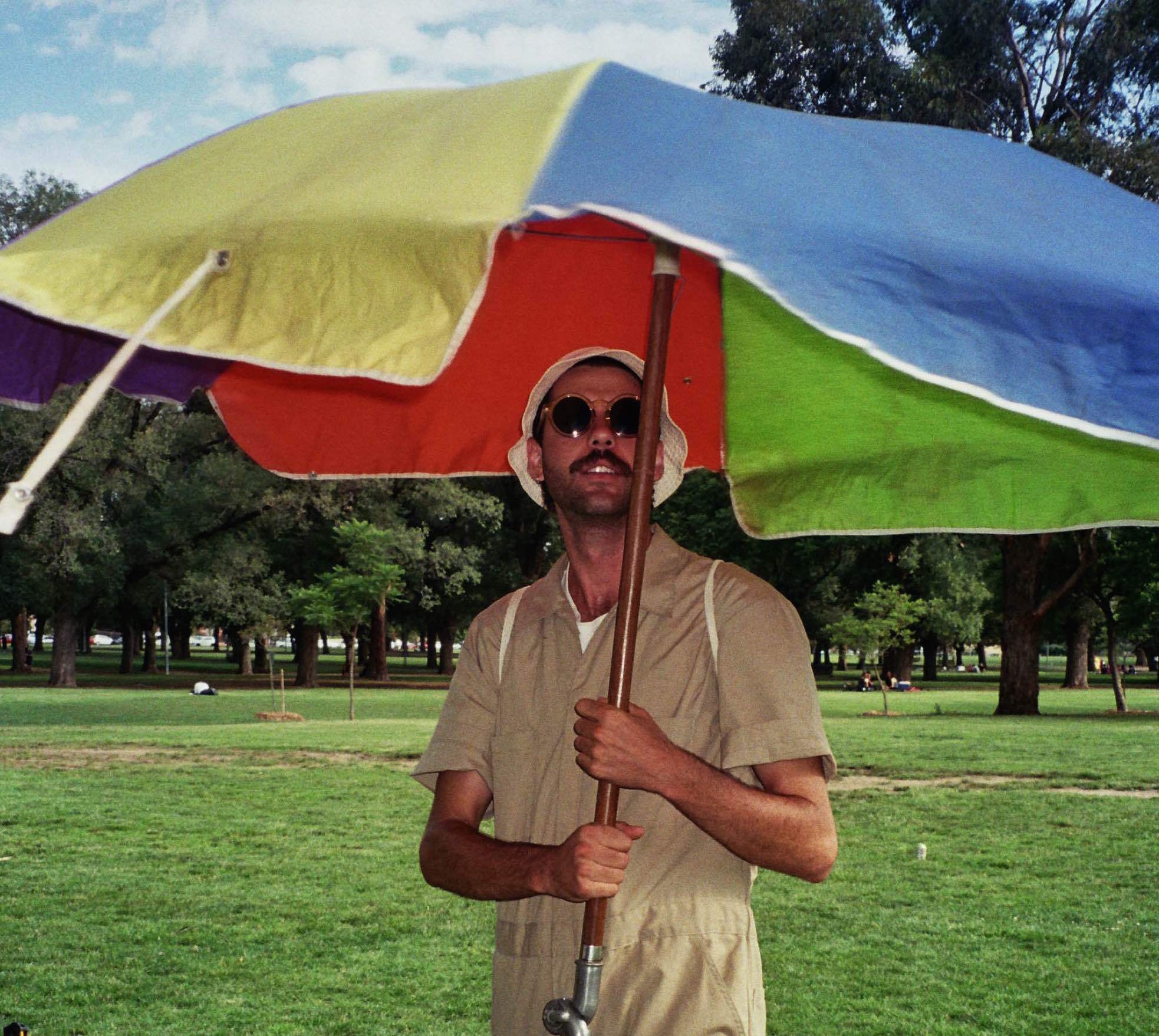
Bryce Lawrence, Director
Inner Varnika
What do you do in your spare time?
I keep pretty occupied; I’ve got a few projects that are constantly running, like Off The Grid. I love to get out of the city and get back to nature. There’s definitely something to be said about being in nature and listening to music on very clear sound systems rather than in muddled clubs.
What has shifted in Australian music festivals over the years?
As well as the shift to boutique festivals, there’s been a shift in the environmental consciousness. There’s heaps of outrage with all of the rubbish left behind, and organisers are seeing that it’s an expectation now that things need to be managed in a certain way.
Is there a particular moment that still resonates with you from Inner Varnika?
Last year I’d been in the backstage tent for a couple of hours on the Saturday night leading into Sunday morning and emerged into that thick eerie fog and all of a sudden these emotions just hit me as I realised we had pulled it off.
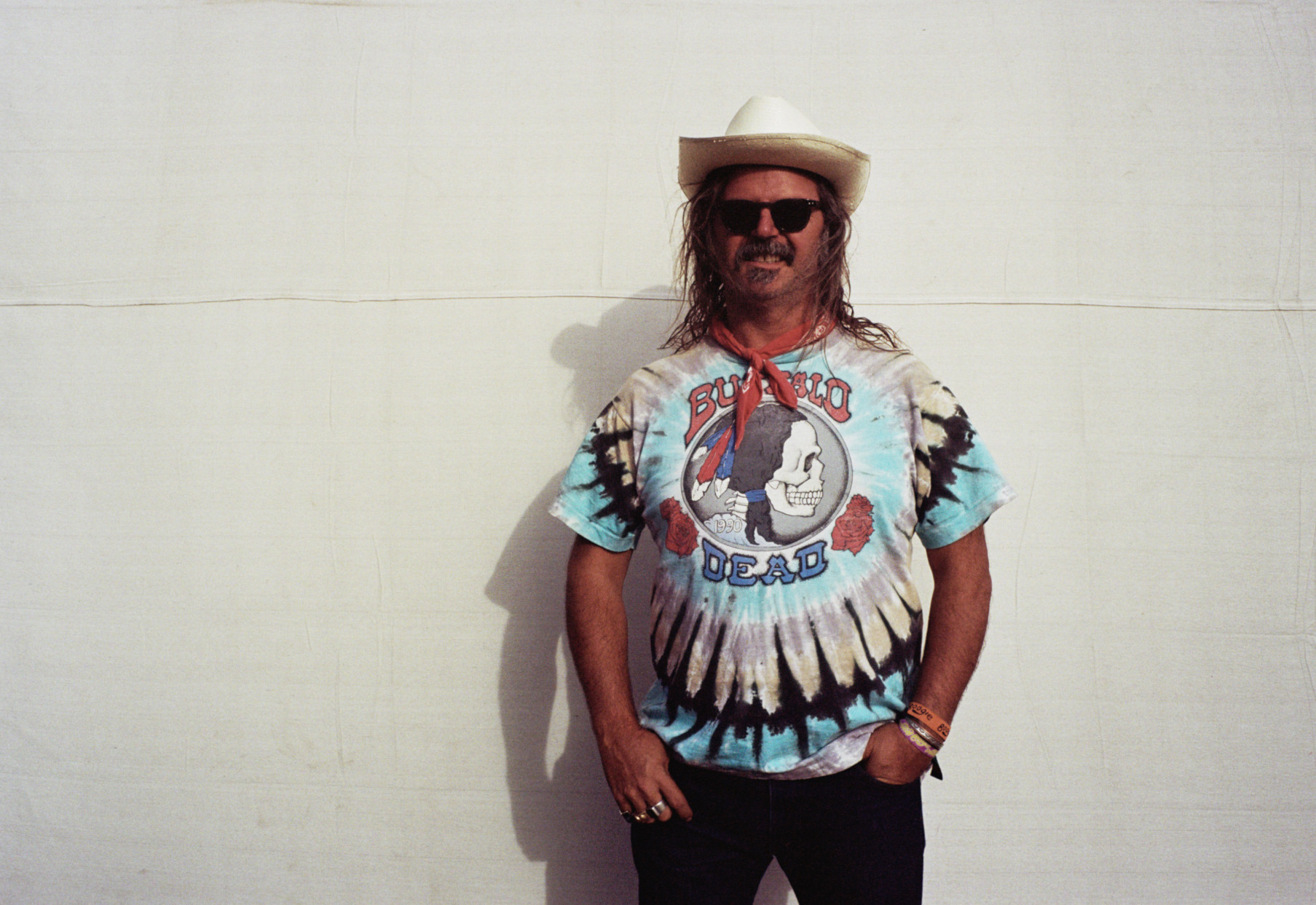
Brian Taranto, Co-Founder
Boogie
What were you doing before Boogie?
I’ve been looking after band merchandising since 1985, in 1997 I thought it was time to start promoting some concert tours. I still run a merchandising company but ten years ago we came up with the idea for Boogie. We were fantasising about how great it would be to have drinks brought to us when we were at Meredith and thought it would be great if we had this festival party situation where it was an inclusive ticket for food, booze and entertainment. That’s what triggered the idea for Boogie.
What do you do in your spare time?
I live in Sydney near Bondi Beach so I see the bay and swim laps and hang out there quite a bit. My job is my passion, so I’m seeing bands, I travel a lot and go to shows and festivals around the world. I’m kind of living the dream. We don’t actually spend a whole lot of time organising Boogie, we don’t like to overthink it because we’ve got the right idea and are experienced in what we do.
Is there a particular moment that still resonates with you from Boogie?
Musically, Boogie 3 is where it all came together. We had Eddie Current Suppression Ring playing at the strength of their power, we had Dan from the Black Keys playing a set to 300 people; everyone was connected with incredible music. There was a certain real, hand-made feel about it. I can walk down the street in Melbourne and get hugged by some complete stranger and realise it’s someone who’s been at Boogie and the experience has touched them.That’s what we’re all about, we’re about a good experience for everyone.
Credits
Text Erin McConchie
